Riciani
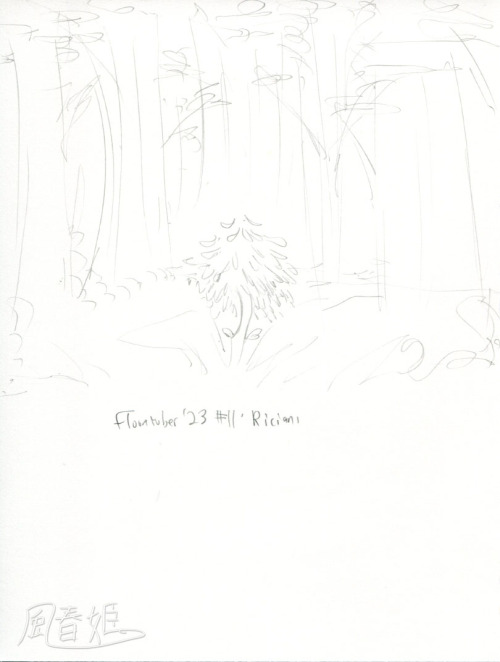
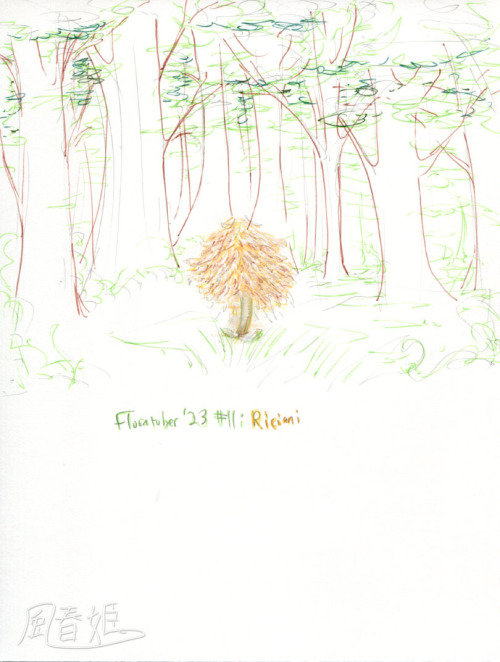
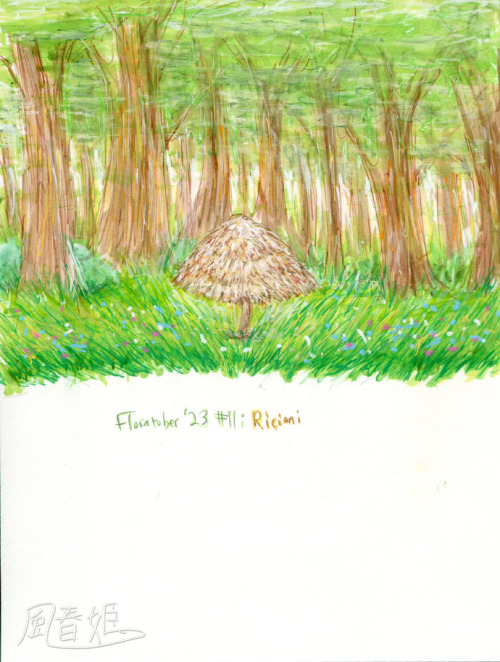
Riciani
A small, mushroom-like tree that can be found on the outskirts of Pachimori and the Great Buddy Forest. Other varieties of it can be found in the Fuline Islands and certain southern Reline Islands. There's even a variety to be found on the coast of Furheart Iiah and in Warminia Songliane. Riciani and other rice-producing plants are a popular commodity with Neonya and Kitonya owners, as the kernels that the Riciani grows are an essential food source for domesticated pets like the Neonya and Kitonya, so its cosmopolitan nature lends itself to being a fairly reliable food source for these pets. That, and, so long as it is near water or is fresh out of the rainy season, it can regrow it's supply fairly quickly, so as long as one is willing to make the trek to the nearest wild Riciani or the nearest shop where the kernels can be found, owners of Neonyas or Kitonyas seldom have a lack of supply. However, these two species must be fed portions rather than left to free-feed, as they are known to devour what would usually last them a week in one meal if left to their own devices. Perhaps this is why Riciani adapted to fruiting so prolifically in a short time, as wild Neonyas or Kitonyas would seldom spare them if found.
-
 vivencias-del-alma liked this · 1 year ago
vivencias-del-alma liked this · 1 year ago -
 ciscandocinza liked this · 1 year ago
ciscandocinza liked this · 1 year ago -
 secret-fairygarden liked this · 1 year ago
secret-fairygarden liked this · 1 year ago -
 angeleneart liked this · 1 year ago
angeleneart liked this · 1 year ago -
 iggyfing liked this · 1 year ago
iggyfing liked this · 1 year ago -
 toothpaste-dragon liked this · 1 year ago
toothpaste-dragon liked this · 1 year ago
More Posts from Kazeharuhime
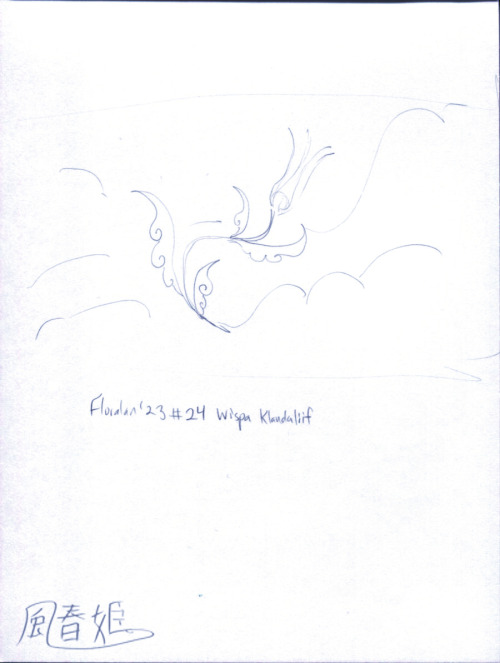
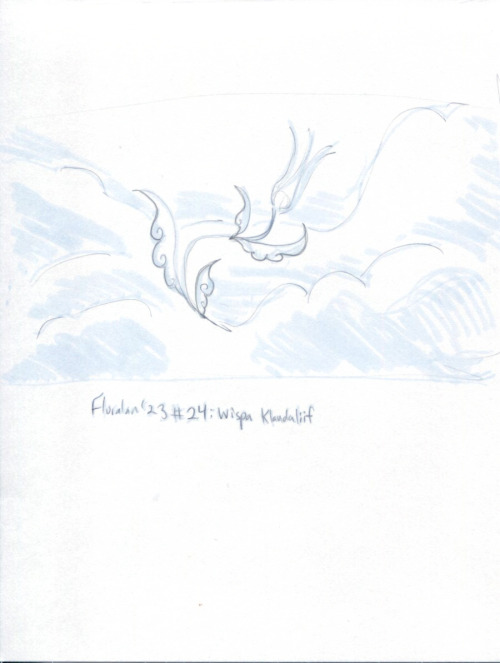
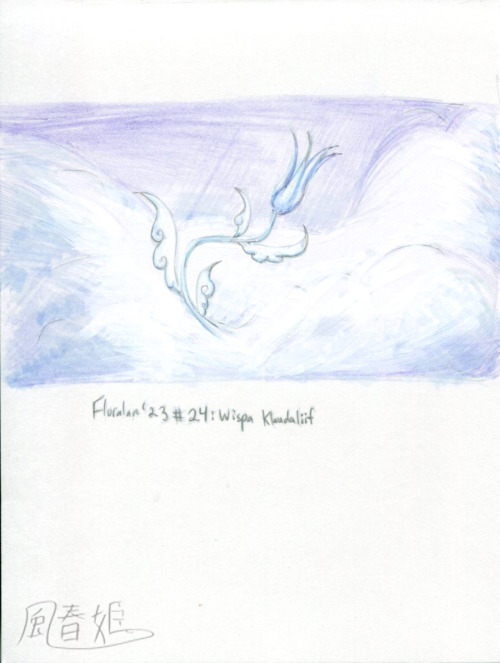
Wispa Klaudaliif
A cloud flower that bears some resemblance to the sky Lar and Lifernandes families. It is also thought to bear some connection to the white Wing Alaynia plants as well due to their resemblance.
Wispa Klaudaliifs sway at the slightest wind, and are known for the undulating movement their stem and petals make during strong winds, somehow always remaining graceful no matter the gale. Some think of it as the seaweed of the sky for this reason.
Wispa Klaudaliifs are wild flowers that may serve as inspiration for itinerant Fashion Buddys, and their petals may sometimes be added to tea, but they have a very mild flavor, making them better suited to merely adding color to any given culinary creation than rather than enhancing something's taste.
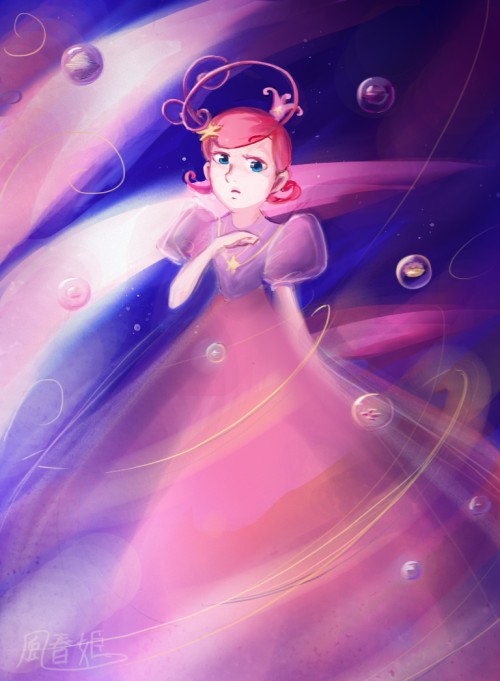
I've gotten some more energy to draw lately now that I have a less demanding job, plus Thanksgiving break, and NaNo hasn't completely drained the rest of my energy, so... :v Art! Still has some areas I was thinking of cleaning up, so if this looks different the next time you see it, you'll know what happened.
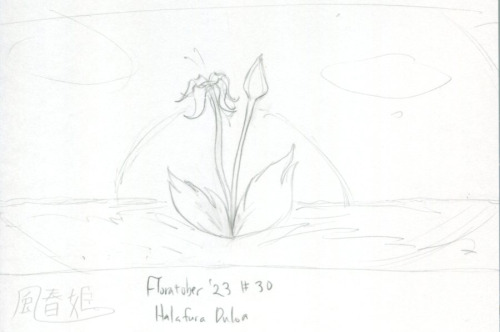
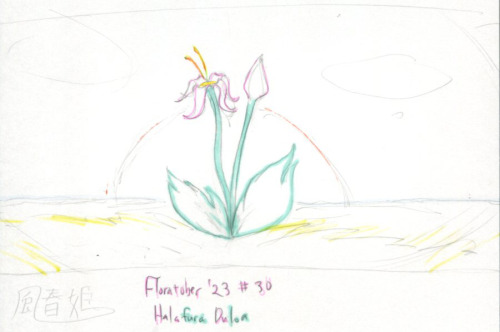
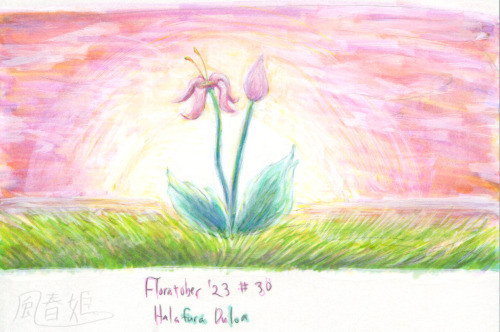
Halafura Duloa
The petals of this flower were once so frequently used in tea that the flowers were never seen beyond the closed blossom stage, leading some to believe that Halafura Duloa flowers never opened. It was also once believed that the flowers would only open simultaneously. While this does frequently occur with Halafura Duloa pairs, there are some that choose to open at a different time than their twin.
Originating from Fuline Ah, the Halafura Duloa is sometimes also spotted along the west coast of Wing Alayna.
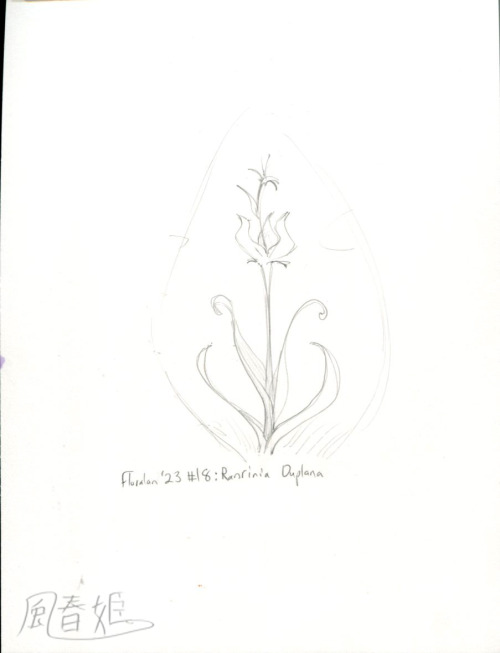
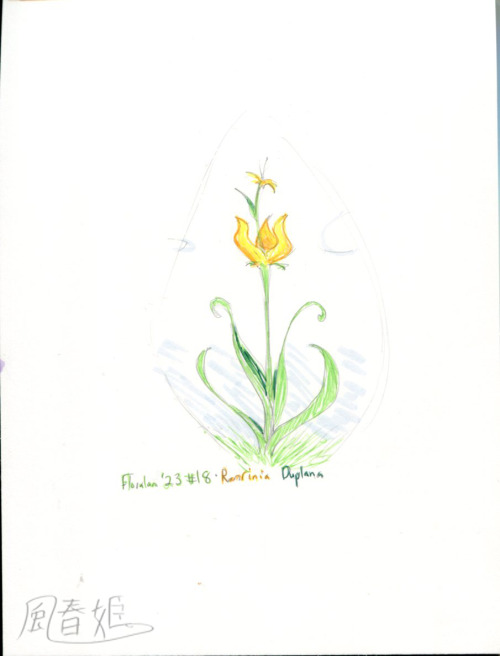
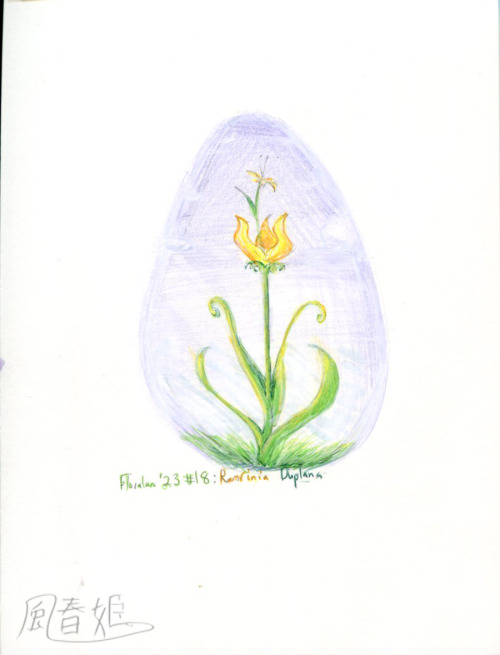
Ranrinia Duplana
Relative of the Ranrinia Triplana, the Duplana species usually comes into bloom around Cloudalon, the third month, as the rainy season is starting to break up. It was thought for a long time that Duplanas were Triplanas in a different phase of life, but it is now understood that they are different species.
It prefers intermittent rain, so it is sometimes also seen at the start of the rainy season in late Zephyrlan, the ninth month, before things get too intense for it.
Like the Triplana, the Duplana can also grow flowers in its center. Though it can't hold as much water, it does gather a little, especially during the rainy season, and the various debris that finds itself in its blossom also helps to support the small flowers that get their start within its petals.
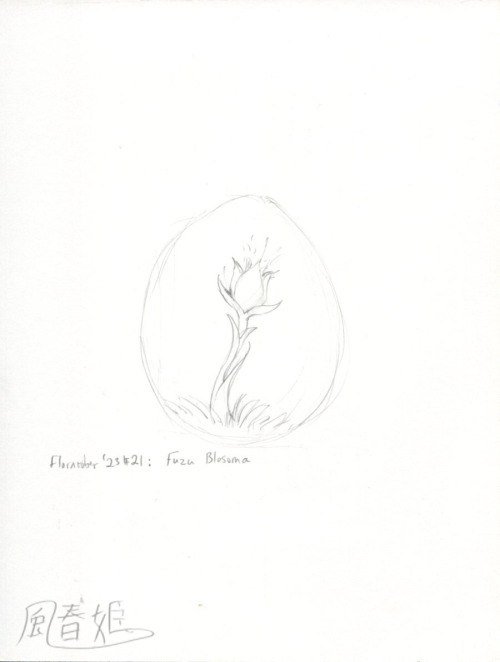
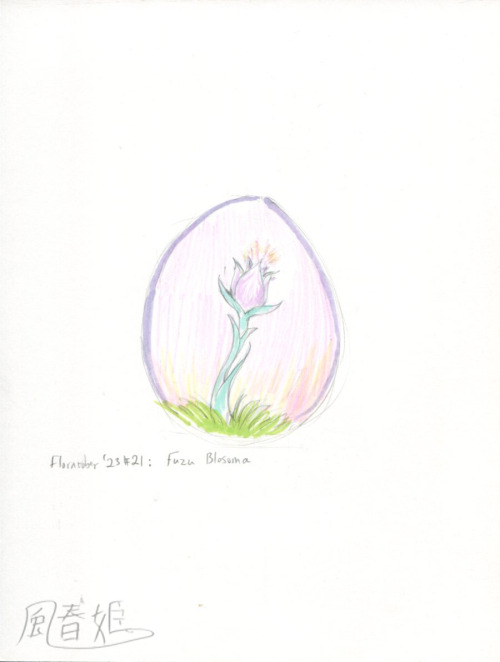
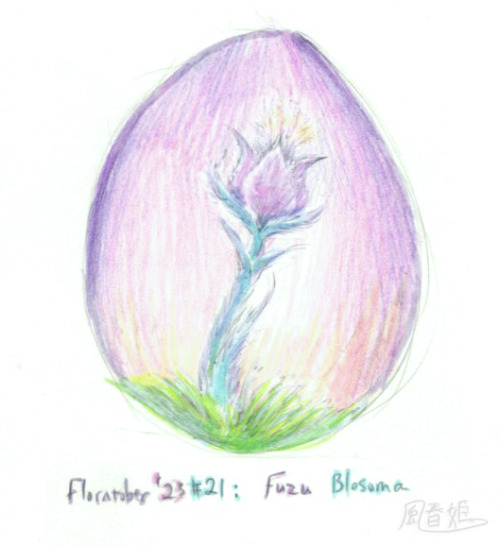
Fuzu Blosoma
A rare flower with a fuzzy stalk and petals. It can be found in the Great Buddy Highlands and in the north Wing Alaynan plains. These flowers rarely fruit and go to seed, as most known specimens are male.